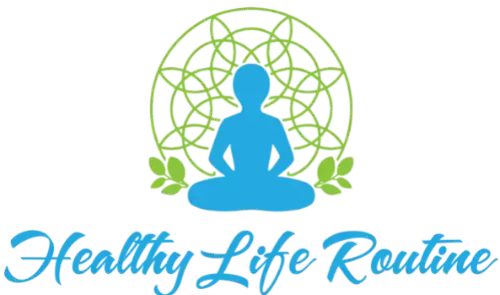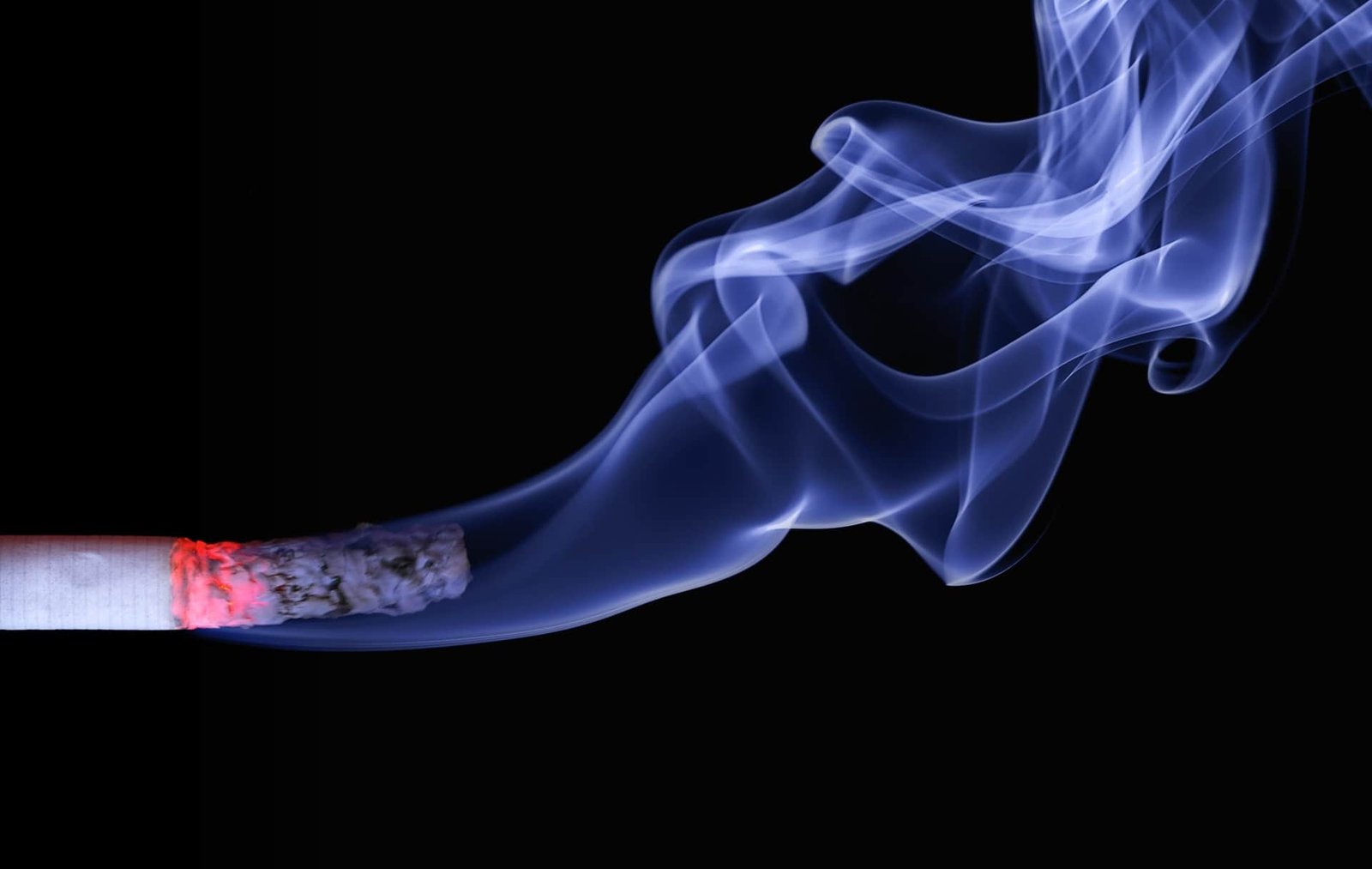Health Effects of Smoking
Everywhere we look we stumble upon messages that urge us to quit smoking. But questions such as What does smoking do to your body` or `What happens when you quit smoking’, remain unanswered and undiscussed thoroughly.
Thus, if you want to find out the answer to these questions, read below all you need to know about smoking and quitting it.
What Does Smoking Do to Your Body?
Did you know that one in two smokers will eventually die from a smoking-related disease? Well, it is a fact and the effects of smoking on the body have been extensively analyzed by medical specialists.
Developing a heart attack or stroke:
when smoking occurs, the poison present in the tar of the cigarette goes directly in the blood system. This leads to thicker blood, increased chances of blood clots and the reduction of oxygen-rich blood circulating to your organs. These changes to your normal body structure will boost the possibility of developing a heart attack or stroke.
Smoking damages your heart and leads to conditions like coronary heart disease, peripheral vascular disease or cerebrovascular disease. This happens due to the carbon monoxide from the smoke that boosts heart rate along with blood circulation.
Smoking is a risk factor for stomach and kidney cancer:
What is even more intriguing, is the fact that smokers are prone to develop stomach cancers. This happens because smoking weakens the esophagus and permits the acid from the stomach to wander around in the wrong direction. Moreover, several studies show that smoking represents a risk factor for kidney cancer, which appears more and more often in smokers.
Smoking ages the skin :
Skin`s health is affected by smoking because proper amounts of oxygen won`t reach it. Smoking ages skin at a higher rate, which determines the dull appearance of the skin. Also, the toxins ingested through smoking can lead to cellulite.
Smoking increases the risk of having a stroke:
Smoking increases the risk of having a stroke by up to 50%, being the leading cause of brain damage and death. A brain aneurysm is common in patients that smoke on a daily basis due to the weakness it causes to the blood vessel wall.
How to Quit Smoking?
Quitting smoking is not an easy thing to achieve. In the first stages, you will experience nicotine withdrawal symptoms such as irritability, headaches, anxiety, problems concentrating or food cravings. This happens because of the fact that smoking boosts the number of nicotine receptors present in our brain structure.
Hence, when you stop smoking, those receptors struggle to adjust to the new situation in which they won`t be fed the harmful substance.
A step by step plan to quit smoking will aid you in staying on track and achieving your goal.
Common steps include:
- Taking the decision to quit smoking.
- Considering the risks you were exposed to due to smoking.
- Selecting a quit date.
- Telling your close friends and families that you decided to quit.
- Removing everything that reminds about smoking.
- Maintenance and coping strategies.
- Considering new outdoor activities to keep your brain occupied and healthy.
What Happens When You Quit Smoking?
When you break the addiction cycle of smoking:
- Your brain will re-wire and the nicotine receptors present will slowly diminish to regular levels.
- Both your vision and your hearing will sharpen.
- Your brain will experience a new load of oxygen-rich blood.
- Lung damage is stopped, but the scarring done to the lungs is no reversible process.
- In no more than two weeks after quitting smoking, you will easily observe it is easier to walk up stairs or run.
- Your body will experience different things such as lower cholesterol, a boost of the immune system, proper healing of wounds, healthier skin and even a decrease in heart disease risk.





